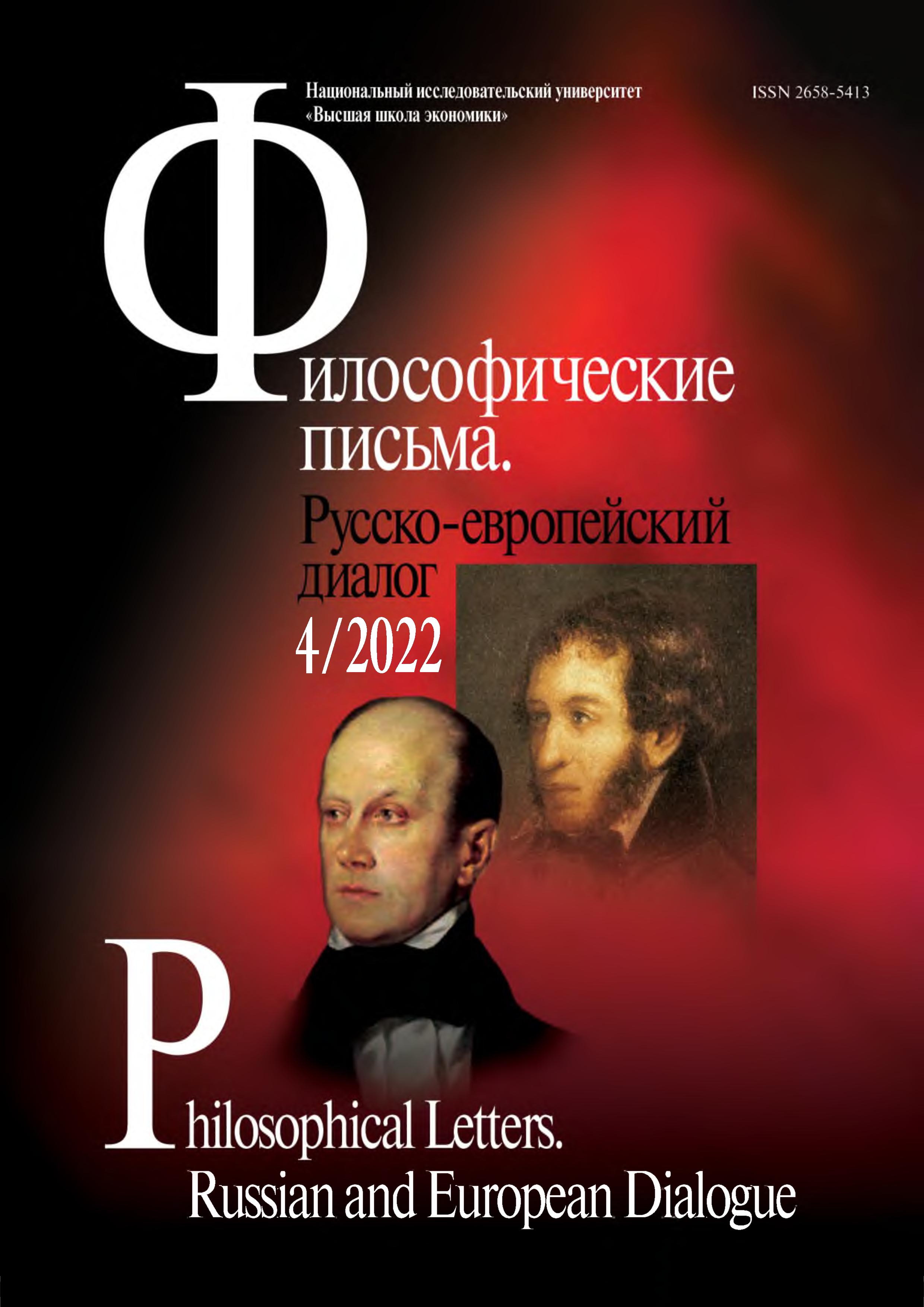Война, революция, агония Серебряного века
Аннотация
Вопрос о том, умерла ли культура Серебряного века естественной смертью или была уничтожена большевиками с помощью Пролеткульта и авангарда, как ни странно, всё еще является предметом дискуссии. На деле вопрос не столь сложен, если вспомнить, как поэты Серебряного века реагировали на Первую мировую войну. В их среде преобладало ощущение беспомощности: старые культурные ориентиры рушились уже в силу того, что в них весьма сильны были элементы эстетической ностальгии. Культурный шок породил и футуризм — как западный с его культом «освобождающей» войны, так и отечественный, отмеченный радикальным пацифизмом. Нельзя забывать, что Серебряный век российской культуры при всей его противоречивости был ориентирован на этос западного Просвещения, который с началом Первой мировой войны потерпел выразительный крах. С другой стороны, элитарные основания Серебряного века подрывались массовой культурой, не говоря уже об охлократии, воцарившейся в 1917 году. Что касается Пролеткульта, то в своих эстетических основаниях он был слишком слаб для сокрушения «отжившей» культуры. Большевики, если вспомнить позицию Л. Троцкого, также не спешили расправиться с «буржуазным» культурным наследием. В общем, Серебряный век болезненно угасал вместе с судорогами всей эпохи Просвещения.

